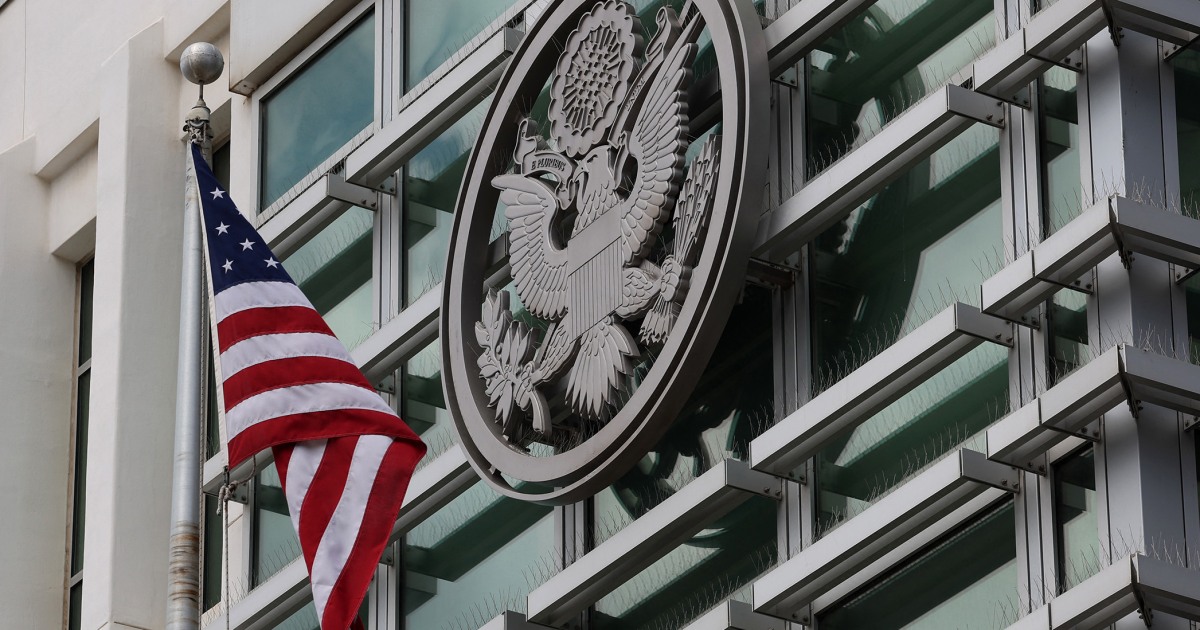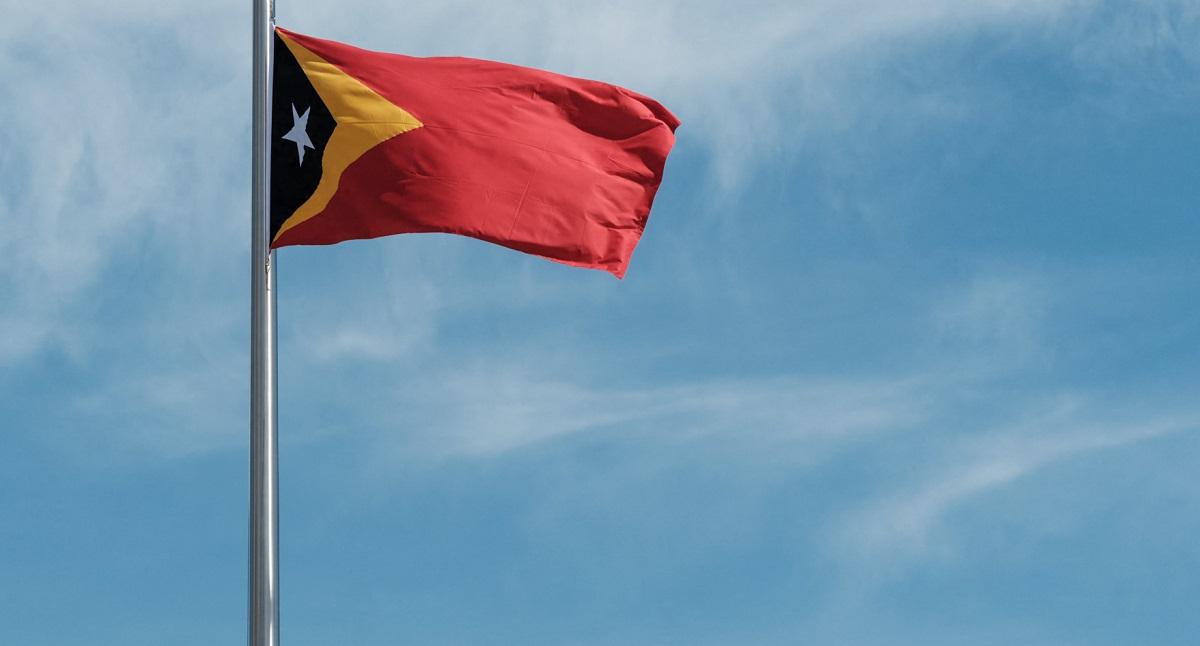Tensions Rise in South Asia Following Indian Missile Strike on Pakistan

On May 10, 2025, the fragile peace between India and Pakistan was dramatically shaken when an Indian missile struck the Nur Khan Air Base, located in Rawalpindi, Pakistan. This incident has escalated tensions in an already volatile region, prompting immediate responses from both nations' military and political leadership.
In the aftermath of the missile strike, Pakistan's Defence Minister Khawaja Asif addressed the media, affirming that there had been no convening of the National Command Authority (NCA). This pivotal body, which comprises top military and civilian leaders and oversees Pakistan's nuclear arsenal, is a key player in the nation's defense strategy. Asif stated, 'No meeting has happened of the National Command Authority, nor is any such meeting scheduled,' during an interview with ARY TV. His comments suggest a degree of calm in Pakistani military circles, despite the seriousness of the incident.
Earlier, Pakistan's military had indicated that Prime Minister Shehbaz Sharif had urged the NCA to convene, hinting at a potential discussion on how to respond to the Indian aggression. However, the lack of an immediate meeting may imply a strategic delay in decision-making as officials assess the situation and potential repercussions of any military action.
In a separate development, Pakistan's Foreign Minister Bilawal Bhutto Zardari expressed a cautious stance during a local television interview. He mentioned that should India choose to de-escalate the situation, Pakistan would be open to reciprocating that restraint. 'If India stops here, then we will consider to stop here,' he stated. This comment appears to reflect a willingness on Pakistan's part to find a diplomatic resolution, despite the heightened tensions.
On the international front, U.S. Secretary of State Marco Rubio is actively involved in mediating the situation. He recently engaged in discussions with Pakistan's Army Chief, General Asim Munir, and India's Foreign Minister, Subrahmanyam Jaishankar. Rubio urged both parties to de-escalate and to 're-establish direct communication to avoid miscalculation.' This call for dialogue highlights the concern of the U.S. and other global powers regarding the potential for conflict escalation in South Asia.
The historical context of India-Pakistan relations is marked by decades of territorial disputes, particularly over the Kashmir region, which has been a flashpoint for military confrontations. The two nations have fought several wars and continue to maintain a tense military standoff along their borders. The recent missile strike is a reminder of how quickly situations can escalate in this region where nuclear capabilities exist. As both nations navigate the complexities of their relationship, the international community watches closely, hoping for a peaceful resolution to this crisis.


























